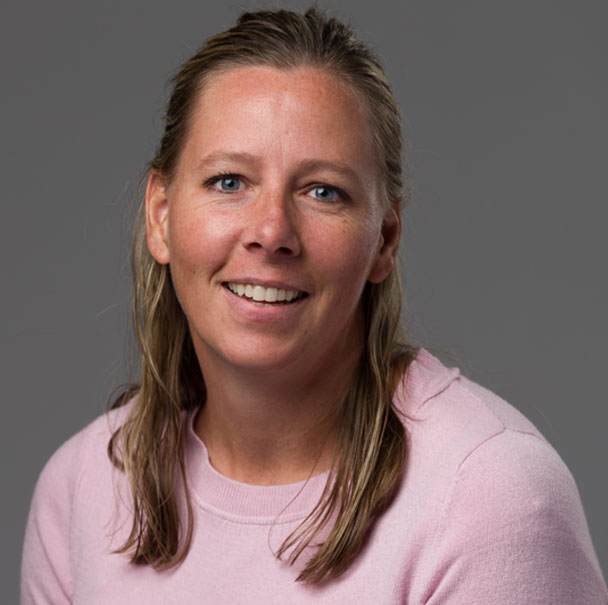Step 2: Apply
Enroll at Weber State University
Weber State University (WSU) is an open-enrollment university, you can apply anytime by visiting the link above. Apply as a non-degree seeking student. Select Technologist in Blood Banking as your major under the Dumke College of Health Professions Post Baccalaureate Certificate.
Don't forget, once a Wildcat always a Wildcat. If you've taken a WSU course in the past (including concurrently) please visit Return to Weber for more information.
General admissions fee is $30. You will need to submit your official undergraduate degree transcripts to the Admissions Office.
A secondary program application is required. Before you start your Technologist in BB application, please note the following:
- Minimum GPA of 3.0 or higher
- Statement of Support for clinicals is required to be uploaded to application
- A one-time, non-refundable $125 application fee is required
Apply to the Technologist in Blood Banking Program




